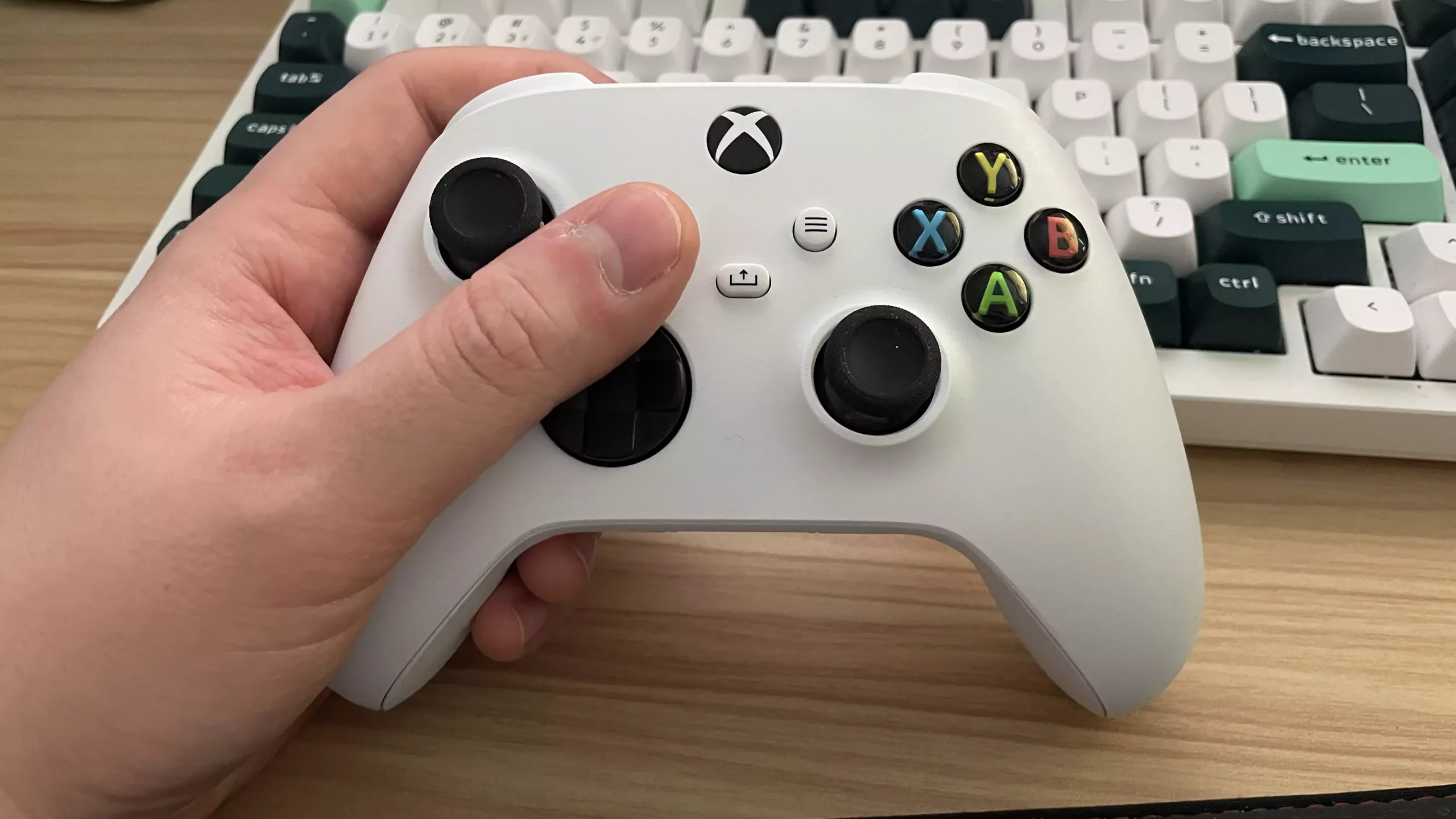In an era where technology blurs the lines between entertainment and combat, the latest developments in the Ukraine-Russia conflict have highlighted a peculiar element of modern warfare: game controllers. Historically associated with entertainment rather than military applications, these devices have become instrumental in remote-operated warfare, particularly in drone operations. The UK, recognizing this trend as a potential threat, has recently imposed a ban on exporting game controllers to Russia. But how significant is this ban, and will it effectively hinder Russia’s drone capabilities?
Understanding the Ban: A Symbolic Gesture?
The UK’s decision to implement a complete embargo on game controller exports to Russia raises questions about the practicality and effectiveness of such a measure. The UK’s Foreign, Commonwealth & Development Office justified the ban by stating it is an effort to prevent these devices from being repurposed for drone piloting. Yet, one must ponder the true efficacy of this prohibition. It is unclear how many game controllers are being exported from the UK to Russia and how extensively they are utilized in military operations.
What remains apparent is that such a ban, while it may sound significant, could have limited practical impact. The gaming industry’s vast global landscape means that controllers commonly found in Western markets can also be produced elsewhere. Countries like China dominate the manufacturing game, possibly rendering the UK’s efforts not just ineffective, but almost trivial in the grand scheme. If Russia requires game controllers for its drone operations, it could simply turn to local or alternative suppliers, negating the UK’s export restrictions.
Game Controllers in the Battlefield: Limitations and Realities
The intricate relationship between gaming controllers and drone warfare extends beyond mere logistics. While the idea of using a controller to pilot drones may seem innovative, the inherent limitations of these devices must be considered. Take, for instance, a wired Xbox controller, which would restrict drone operation to a mere few meters. This limitation undermines the very concept of using drones for long-range reconnaissance or offensive actions.
Wireless controllers, often employing Bluetooth or other radio frequencies, also have substantial range limitations. These protocols typically allow for short-range communication, suggesting that any drone piloted with such a device would struggle to operate beyond immediate proximity, further complicating their effectiveness in remote attack scenarios. The assumption that game controllers can effectively commandeer drones from a distance doesn’t hold up under scrutiny.
Additionally, the notion that controllers can directly interface with drone control units raises further questions about how these systems are designed and implemented. Any type of compromise on the design could render the ban moot, as other nations and manufacturers have long since developed alternative solutions that are not contingent on UK exports.
Global Implications and Future Outlook
The UK’s decision to explicitly target game controllers as part of the export ban speaks to a larger narrative of technology’s evolving role in warfare. While it might appear that the ban serves a symbolic function—highlighting an awareness of the intersection between gaming culture and military use—it also reflects a deeper concern regarding the adaptability of military technology in the face of globalization. While the UK’s ban may gain media traction, Russia’s potential for self-sufficiency in producing its own controllers or seeking partnerships with allied nations could diminish the intended impact of such sanctions.
This situation amplifies the ideological rift between Western powers and Russia, further complicating discussions surrounding technology, regulation, and ethical considerations in modern warfare. As the boundaries continue to blur, the necessity for a critical examination of how gaming technology is employed in conflict scenarios becomes ever more urgent. Technological advancement in warfare may benefit from innovative solutions, but it also necessitates rigorous scrutiny and a thoughtful approach to international policy and ethics.
In this unfolding narrative of conflict, the role of common consumer products, like game controllers, redefines the landscape of modern warfare, showcasing not only the creativity inherent in military strategy but also the disturbing reality of how far we have come—and how far we still have to go—in understanding and regulating technological evolution in combat scenarios.

